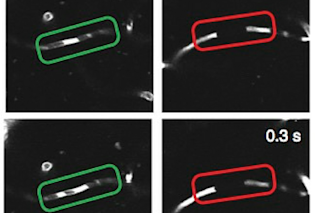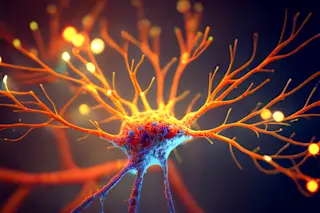Citizen Science Salon is a partnership between Discover and SciStarter.org.
In 2016, a team of Alzheimer’s disease researchers at Cornell University hit a dead end. The scientists were studying mice, looking for links between Alzheimer’s and blood flow changes in the brain.
For years, scientists have known that reduced blood flow in the brain is a symptom of Alzheimer’s disease. More recent research has also shown that this reduced blood flow can be caused by clogged blood vessels — or “stalls.” And by reversing these stalls in mice, scientists were able to restore their memory.
The Cornell team hoped to fully understand the connection between stalls and Alzheimer’s through analyzing huge amounts of data that they’d generated using state-of-the-art microscopes. But as their work continued, they simply couldn’t analyze the data fast enough to make a difference for people dealing with Alzheimer’s today.
Each research question was taking a year ...














